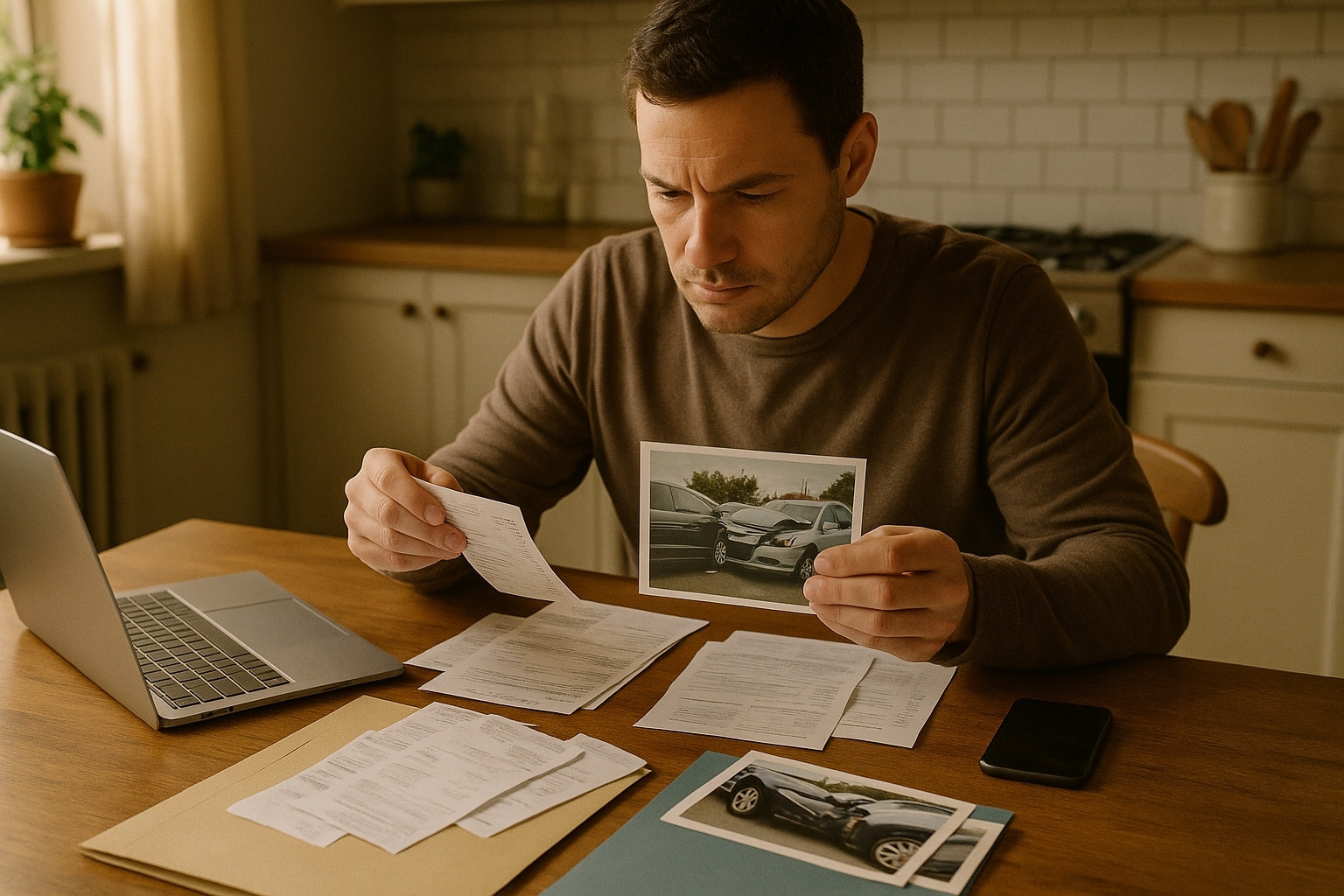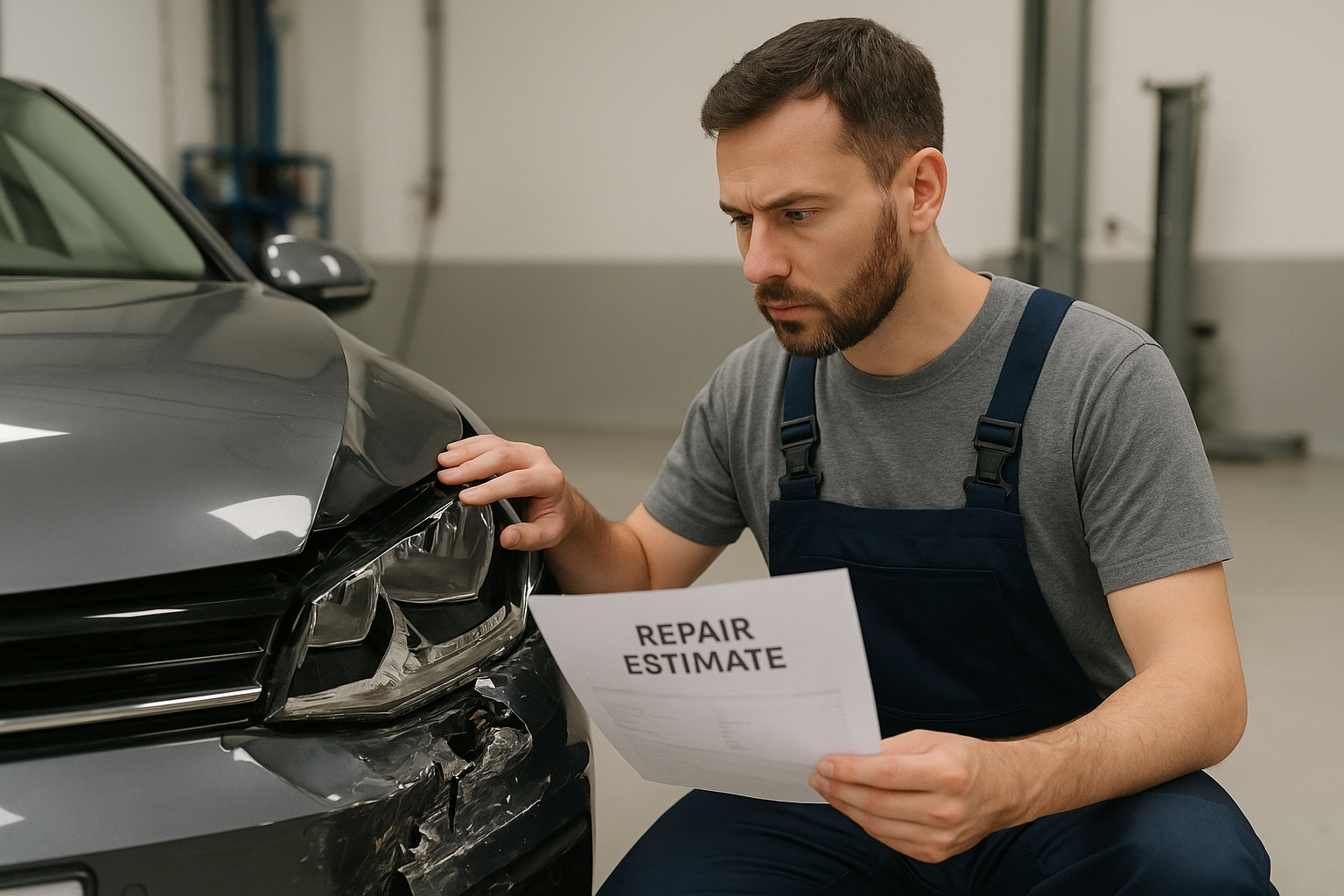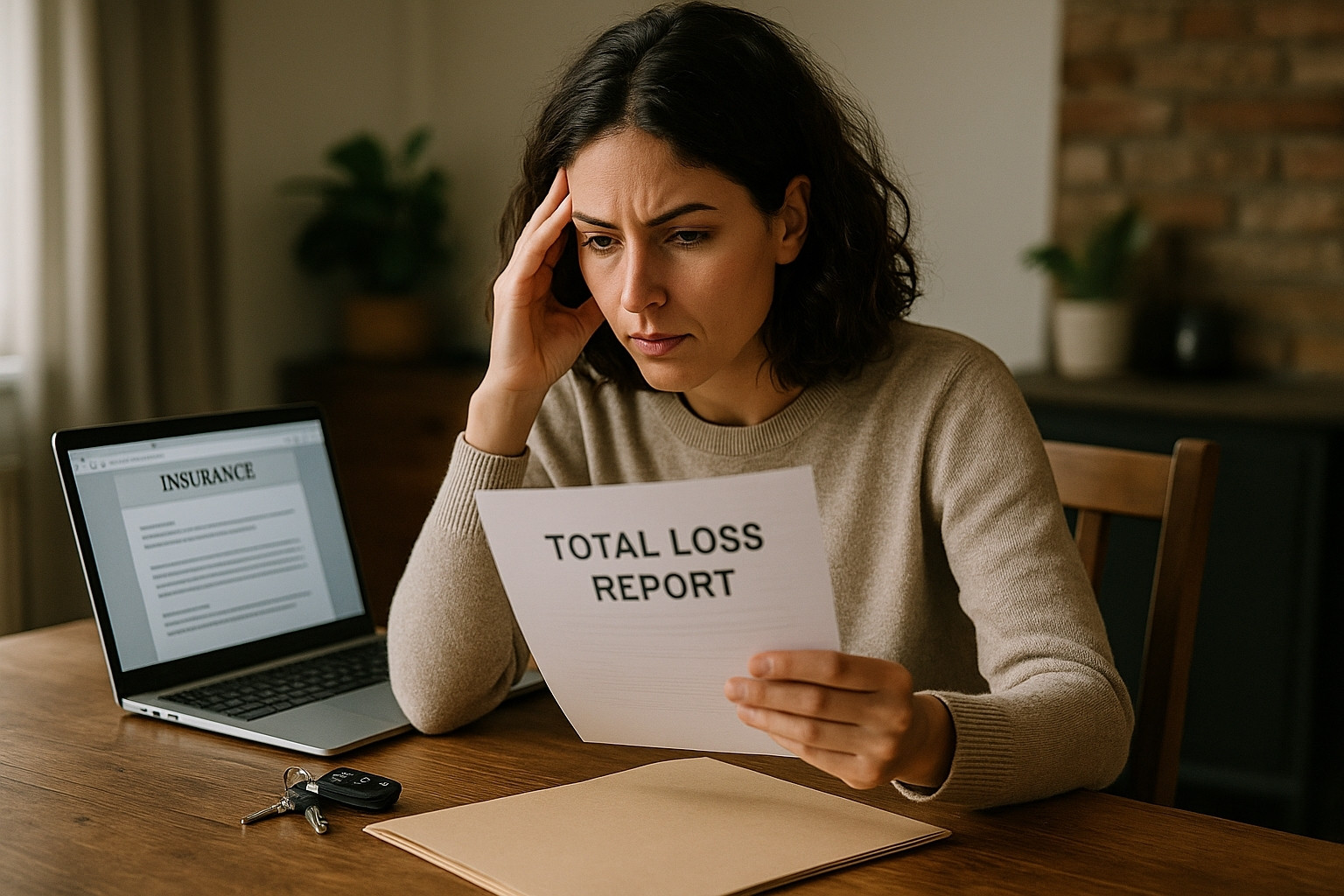After a motor vehicle accident, the path to fair compensation depends on one crucial factor: documentation. Whether you're filing an insurance claim or preparing a legal case, the evidence you gather will directly impact your success.
This guide outlines all the essential documents and records you’ll need to support your motor vehicle accident claim. By organizing this information early, you can strengthen your case, avoid delays, and maximize your chances of full compensation.

Unfortunately, based on your response, you may not qualify to file a claim. Most personal injury cases must be filed within two years of the accident, in accordance with the statute of limitations. Please consult with a licensed attorney to explore any possible exceptions or additional options.
The immediate aftermath of an accident is crucial for gathering foundational evidence. Collect as much of this as safely possible at the scene:
This is often the cornerstone of your claim. It provides an official, unbiased account of the accident, including details like driver information, witness statements, accident diagrams, and sometimes even an initial determination of fault. Ensure you obtain the report number and the contact information for the investigating officer(s). If you haven't yet, learn more about how to file a claim which covers this.
Digital evidence is powerful. Take numerous photos and videos from various angles: vehicle damage (both yours and other vehicles involved), debris on the road, skid marks, traffic signals, road conditions, weather, and any visible injuries. The more visual evidence, the better.

Collect full names, phone numbers, addresses, driver's license numbers, vehicle makes/models/license plates, and insurance company names with policy numbers for all drivers involved. Also, gather contact details for any passengers.
If there were any witnesses, get their full names, phone numbers, and email addresses. Even a brief statement from them at the scene can be invaluable.
Your injuries are central to a personal injury claim. Comprehensive medical documentation is non-negotiable for proving the extent of your harm and linking it directly to the accident.
Keep every single record: emergency room reports, doctor's notes, specialist referrals, physical therapy records, chiropractic records, prescription receipts, and any other medical treatments. This includes diagnostic imaging results (X-rays, MRIs, CT scans) and reports. These documents will directly support your claim for medical expenses.
Maintain a detailed log of all your travel to and from medical appointments (mileage, parking fees) and any out-of-pocket expenses related to your injuries (e.g., crutches, bandages, over-the-counter medications).
Though not a formal 'document,' keeping a daily journal of your pain levels, limitations, emotional distress, and how your injuries impact your daily life (e.g., inability to work, perform household tasks, participate in hobbies) provides crucial evidence of pain and suffering that's difficult to quantify otherwise.
Accidents often result in financial losses beyond medical bills. Documenting these losses is essential for a complete compensation claim.

If you missed work, you'll need documentation: pay stubs, W-2s, tax returns, and a letter from your employer confirming your missed workdays and lost income. For self-employed individuals, detailed financial records are necessary to prove lost earnings.
Obtain at least two repair estimates for your damaged vehicle. If your vehicle is totaled, you'll need official declarations from adjusters regarding its fair market value before the accident. Keep all receipts if you've already paid for repairs or a rental car.
Keep receipts for any other out-of-pocket expenses directly resulting from the accident, such as rental car costs, towing fees, public transport fees (if your car was unusable), or childcare expenses incurred due to your injuries.
Maintain a meticulous record of all communications and documents related to the insurance companies and any legal professionals.
Keep copies of all letters, emails, and notes from phone calls with your own insurance company and the at-fault party's insurer. Document dates, times, and names of individuals you spoke with. This is especially vital when dealing with insurance adjusters.
Have a copy of your full auto insurance policy readily available. Understanding your coverage is key to your claim.
If you've already consulted an attorney, keep copies of any retainer agreements, formal letters, or other legal paperwork they provide. Knowing when to hire a lawyer early helps in managing this.
The sheer volume of documents needed for your claim can be overwhelming. Organize everything meticulously, ideally in a dedicated folder or digital file. This makes it easier for you and your attorney to access information. Remember, strict time limits apply to filing claims, so prompt and organized documentation is key to a successful outcome.

MVAClaim.com can connect you with experienced motor vehicle accident attorneys who can help you gather, organize, and utilize these documents to build the strongest possible case. You pay nothing unless they win!
Unfortunately, based on your response, you may not qualify to file a claim. Most personal injury cases must be filed within two years of the accident, in accordance with the statute of limitations. Please consult with a licensed attorney to explore any possible exceptions or additional options.